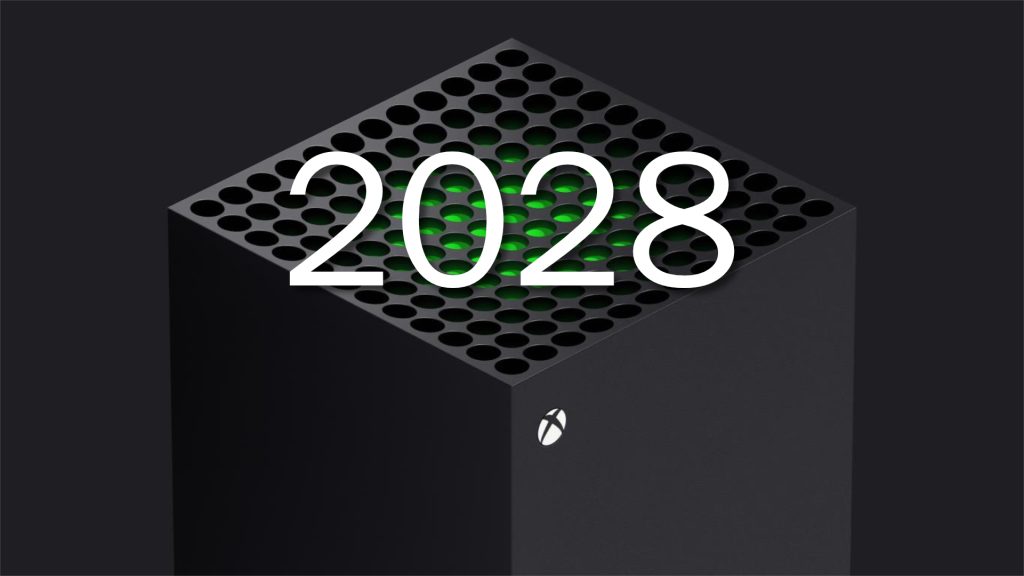The ramifications of the Microsoft FTC hearings have been going on for ages now, with a bunch of interesting and new details being shared by all parties. One of the court documents shared suggests that Microsoft is planning its next generation of Xbox consoles to release sometime in 2028.
While it may feel as though we are just getting started with the current generation of consoles, Microsoft is already looking far ahead to what’s next. In a report by Stephen Totilo via Axios, internal chat logs released as part of the FTC Microsoft hearings have revealed that the console manufacturer expects to have its next-generation Xbox launch some time in 2028.
Interestingly, Kevin Gammill – the corporate vice president of gaming ecosystems – spoke briefly on their planned approach for this next generation with regards to the number and flexibility of platforms, saying:
“We have already started this journey with Xbox One and Xbox One X, furthering it in Series S | X. We need to be even more flexible going forward with gen 10, but also provide the ability for creators to take advantage of unique hardware capabilities.”
Unlike the PlayStation 5, Microsoft kicked-off the generation by releasing two separate Xbox consoles, the Series X and S. While they share some core similarities, the Series S is a much more budget experience when compared to the X. it seems as though Microsoft plans to offer something similar with their next generation of consoles – seemingly arriving in 2028.
KitGuru says: What do you think of the Series S? Has it been a success for Microsoft? Do you like the current strategy or would you like to see Microsoft go back to offering just one Xbox model at a time? Let us know down below.
 KitGuru KitGuru.net – Tech News | Hardware News | Hardware Reviews | IOS | Mobile | Gaming | Graphics Cards
KitGuru KitGuru.net – Tech News | Hardware News | Hardware Reviews | IOS | Mobile | Gaming | Graphics Cards



